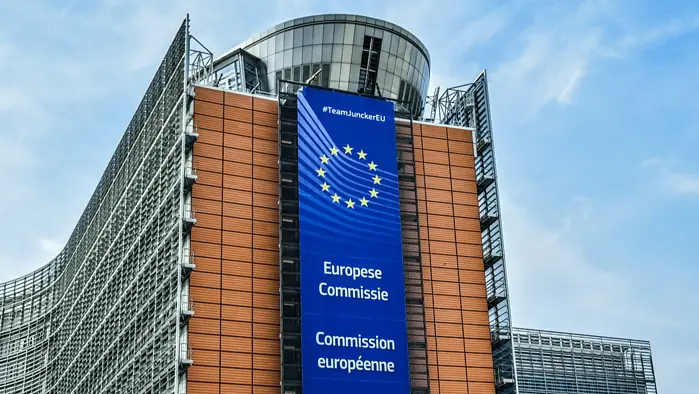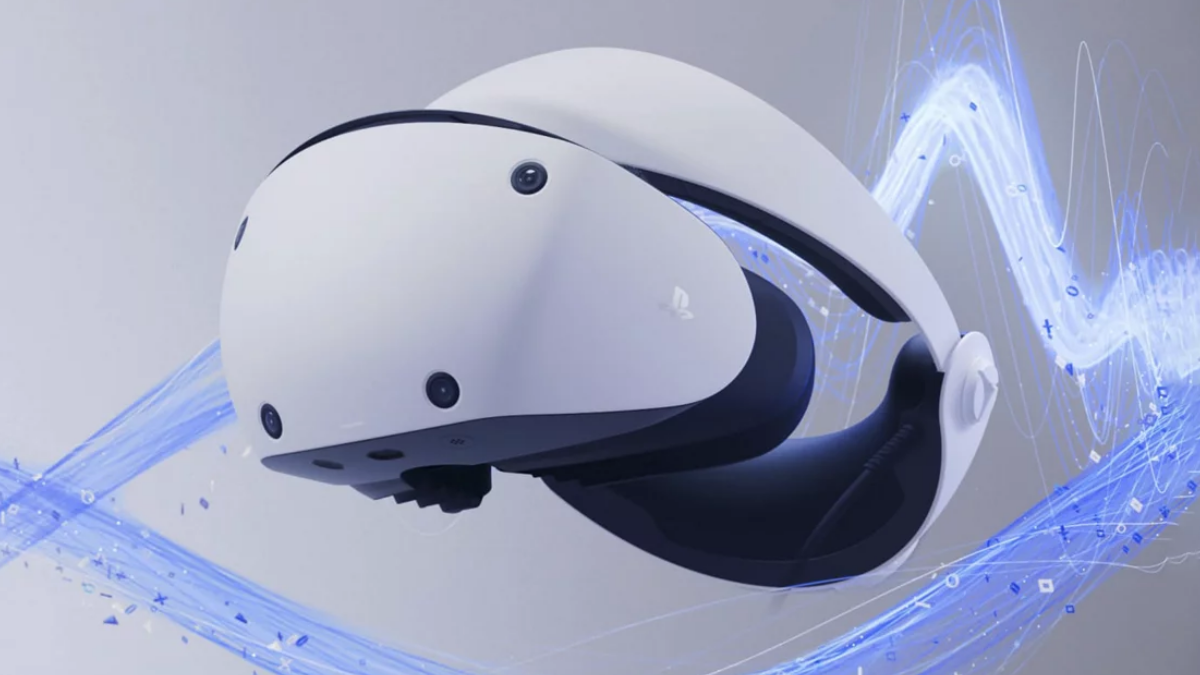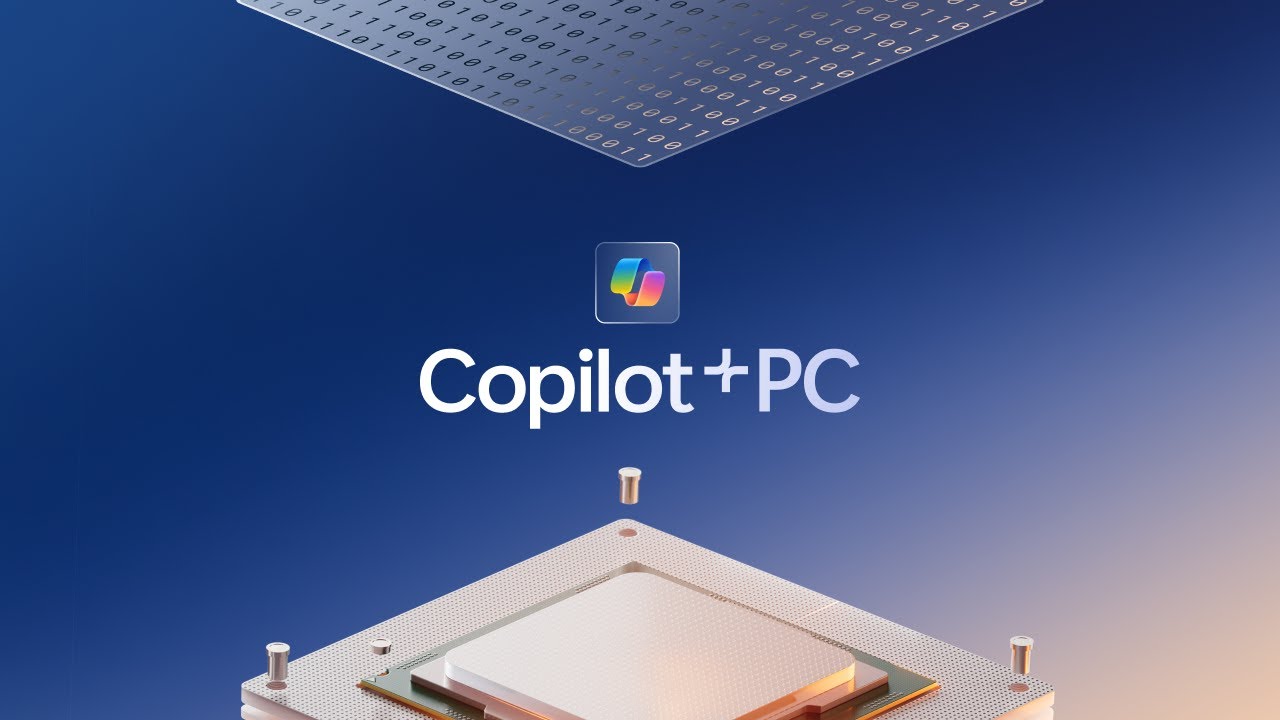EU AI Act comes into force starting today, August 1. What does it mean for Microsoft?
The law regulates the use of AI technology in Europe.
2 min. read
Published on
Read our disclosure page to find out how can you help MSPoweruser sustain the editorial team Read more
Key notes
- The EU AI Act starts August 1, 2024, regulating AI by risk level and banning harmful uses.
- AI is classified into four categories: banned, strictly regulated, transparent, and minimal.
- Companies must comply within 3-6 months or face fines; the EU AI Office will oversee regulations.

In March, the European Parliament announced the EU AI Act, a major new law designated to regulate such technology in Europe. Today, starting August 1, 2024, the law comes into force. So, what does this mean for big AI players like Microsoft, Google, and others?
The EU AI Act bans harmful AI uses like facial recognition from CCTV and social scoring, and requires high-risk AI systems to be transparent and carefully monitored. It sets rules based on the risk of AI systems, with stricter rules for higher risks and bans on dangerous uses like social scoring.
The EU AI Act is the world’s first legislation aimed at regulating artificial intelligence based on its risk level. It classifies AI systems into four risk categories: “unacceptable” (banned), “high” (strictly regulated), “limited” (requires transparency), and “minimal” (barely regulated).
High-risk systems, such as those used for biometrics or critical infrastructure, will face stringent requirements. In contrast, minimal-risk systems—such as tools used to create social media content, for example— will have fewer regulations.
The European lawmakers also said that the law the ban certain practices, like manipulating user decisions or expanding facial recognition databases, should be followed by February 2025.
Big tech companies like Microsoft, which recently had strong results in its recent Q4 2024 thanks to cloud and AI, as well as Google and Amazon, have a few months to comply with the new rules or face fines, reaching up to €35 million or 7% of global revenue.
But still, tech companies have a phased timeline for complying with the new AI regulations: they must cease using banned AIs by February 2, 2025, adhere to detailed practice guidelines by May 2, 2025, and ensure general AI systems meet copyright and transparency standards by August 2025. High-risk AI systems must fully comply by August 2027.
The new EU AI Office, led by Lucilla Sioli, is now hiring staff and will manage these regulations and create additional guidelines from within the EU but has not yet brought in many industry experts.
This year alone, the European Commission proposed €1 billion in annual AI investments, with plans to raise the number to €20 billion by 2030.









User forum
0 messages